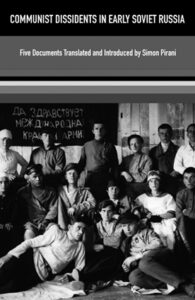
John Marot critically reviews a collection of essays written by Communist dissidents in 1920-22 in opposition to the New Economic Policy, translated by Simon Pirani.

John Marot critically reviews a collection of essays written by Communist dissidents in 1920-22 in opposition to the New Economic Policy, translated by Simon Pirani.
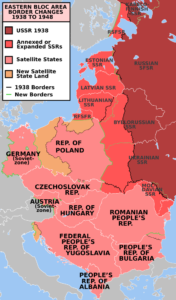
Ukraine has long been a victim of Russian imperialism, pre-capitalist, capitalist, Soviet, and then state-capitalist.
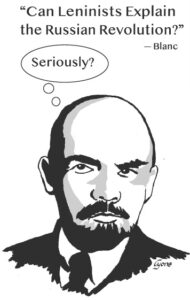
John Marot defends the interpretation of Lenin’s April Theses as the pivotal turning point for the Bolsheviks, countering Lars Lih’s and Eric Blanc’s historical narrative.

A critical examination of Trotsky’s evolving views on revolutionary morality and democracy in revolutionary movements.
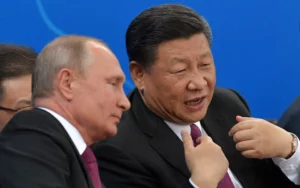
When one surveys the history of American interventionism in other countries—from Brazil to Guatemala, from Cuba to Chile, from Mossadegh’s Iran to Grenada and Nicaragua—and when we contemplate . . .
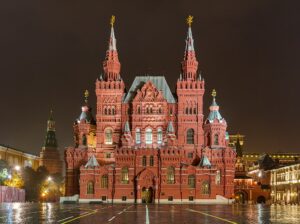
Peter Ranis reviews Ilya Budraitskis’s book on the history of left dissidents in Soviet and post-Soviet Russia.
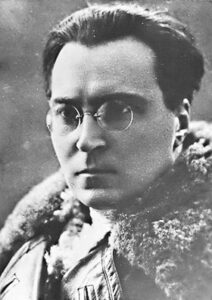
A discussion of Victor Serge’s novels and how literature can enrich revolutionary socialist politics.
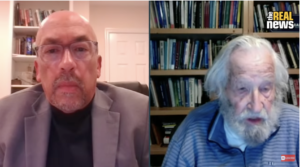
A discussion with Noam Chomsky was called “A Left Response to the Russian Invasion of Ukraine”. It wouldn’t be far wrong to say Chomsky placed all of the blame for Russia’s attack on the U.S. government. The title of the event should have been “Chomsky Calls for Realpolitik for the 21st century”.
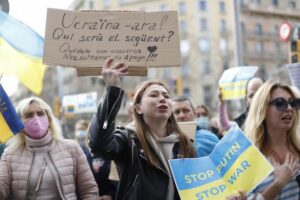
We demand an immediate halt to all military action against Ukraine. We demand respect for the sovereignty and territorial integrity of the Ukrainian State. We demand peace for our countries.
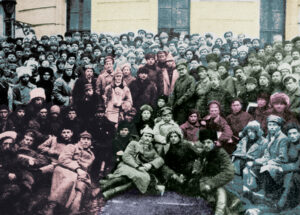
If the main strategic task for the American Left is to change the existing relation of forces in society, Congress cannot be the main arena of struggle.
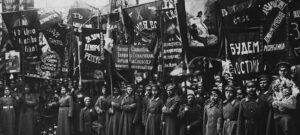
Learning the right lessons from the Russian Revolution is one way socialists today can start to more critically, and more effectively, develop strategies and tactics appropriate to the actual contexts in which we find ourselves.
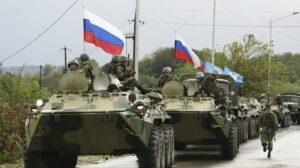
It is widely accepted that the accelerating rivalry between the great powers—the United States, China, the European Union, Russia, and Japan—is a key feature of world politics and will remain so for the foreseeable future. This makes it urgent for . . .
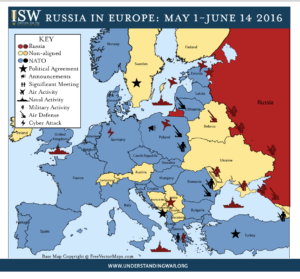
Both U.S. President Joseph Biden and Russian President Vladimir Putin have invoked their nations’ imperial histories and current ambitions, using the Ukraine as the occasion to reassert their claims to dominate Eastern Europe.
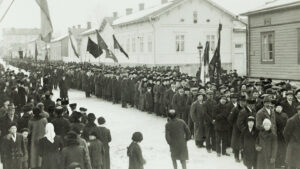
Samuel Farber reviews Eric Blanc’s Revolutionary Social Democracy. Working Class Politics Across the Russian Empire (1882-1917), a book that is likely to become the focus of important debate on the left.
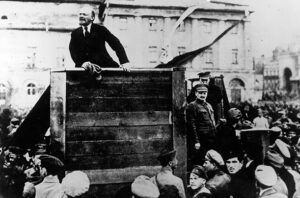
A 21st century Bolshevism should be much more open to both popular rebellion and cadre opposition to socialist rule than the original Bolsheviks ever were.
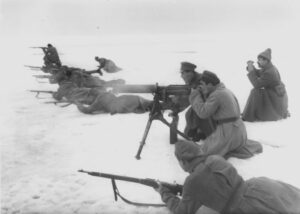
To avoid repeating the Kronstadt tragedy, and to build toward principled world revolution, we can commit to organizing transnational solidarity and speaking out against all forms of authoritarian repression.
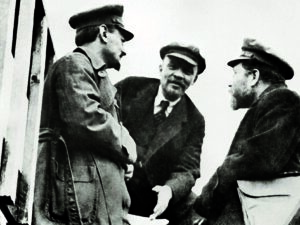
One must go beyond Kronstadt to understand Kronstadt. One must grasp, first of all, the struggle for human liberation and the hope of Communism.
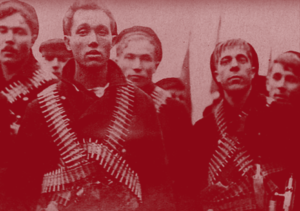
Kronstadt should not be seen as Lenin’s tragedy, nor Trotsky’s or the sailors’. No, it should be seen as a tragedy of the revolution itself and the hierarchical relations that it created. It is a tragedy of structures and systems of power, not one of individuals and personalities.
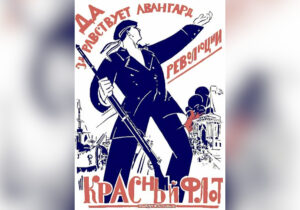
The March revolution of 1921, initiated by “Red Kronstadt”, had to complete the cause of the February and October revolutions of 1917. In this context, the Kronstadt revolt of 1921 appears as an integral part of the revolutionary process that took several years.
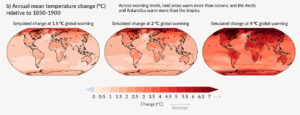
Since publication of its first assessment report in 1990, the IPCC has borne witness to the ever-worsening problem of anthropogenic climate disruption, together with what amounts to humanity’s suicidal failure to address the factors threatening collective destruction.

We should reject the argument made by some on the left that we have to support the dictator Ortega and his government because the U.S. is now opposed to it.